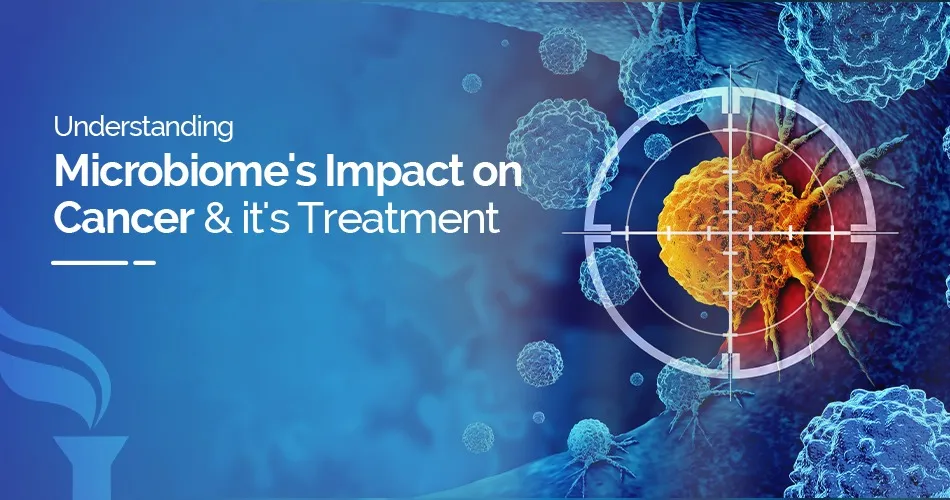Pre-eclampsia: Symptoms, Treatment & Prevention
Jan 05, 2023

Pre-eclampsia is a pregnancy complication tested for during antenatal appointments. In pre-eclampsia, a mother-to-be might have high blood pressure and high-level protein in the urine, indicative of kidney damage (proteinuria) or organ damage. Your healthcare provider keeps a check on your blood pressure level after the 20th week of pregnancy to assess any change in blood pressure, which was in the standard range earlier.
Early treatment of pre-eclampsia can prevent severe/fatal complications for both the mother and the child. Keep reading the blog to understand what pre-eclampsia constitutes and its signs, symptoms and diagnosis.
What are the Symptoms of Pre-eclampsia
Gestating women having pre-eclampsia will have high blood pressure, proteinuria or other signs that indicate organ damage. Pre-eclampsia has no noticeable signs or symptoms and is often revealed upon regular prenatal visits with a health care provider.
Keep a check on the following symptoms for pre-eclampsia:
- Decreased blood platelets
- Increased liver enzymes
- Severe headaches
- Temporary vision loss, blurred vision or light sensitivity
- Shortness of breath
- Pain in the upper belly
- Nausea or vomiting
- Sudden weight gain and swelling (Edema)
While stress can affect blood pressure, it is not a direct cause of preeclampsia. It is advisable to avoid high-stress situations or practise stress management.
pressure, it is not a direct cause of preeclampsia. It is advisable to avoid high-stress situations or practise stress management.
When to Consult a Doctor
Ideally, expecting mothers are advised to have regular checkups after the 20th week of pregnancy. If you get diagnosed with pre-eclampsia, you will be referred to a medical expert for additional tests and more frequent monitoring. Initial examination and consultation or other tests/observations will be made, depending on the severity of your condition.
Contact your healthcare provider immediately if you experience severe headaches, blurred vision, stomach discomfort or shortness of breath.
Since complaints of headaches, nausea and pain are common during pregnancy, it can be tough to differentiate them from symptoms of pre-eclampsia – especially in the first pregnancy.
Is there a Cure for Pre-eclampsia?
No, there isn't a cure for pre-eclampsia. In cases of pre-eclampsia, early delivery of the child is recommended depending on how far along you are in your pregnancy and the severity of pre-eclampsia. Careful monitoring and medicine administration to decrease blood pressure and control further complications are a part of pre-eclampsia treatment before delivery.
Post-delivery, you will be closely examined for high blood pressure and other indicators of pre-eclampsia. You will also be advised when to seek medical attention if you experience symptoms of postpartum pre-eclampsia, such as severe headaches, visual changes, stomach pain, nausea and vomiting.
Prevention
Several studies suggest including antioxidant vitamins and weight loss for lowering pre-eclampsia risk among high-risk women. You can also resort to meditation and low-intensity exercises to manage stress. However, you must consult your healthcare practitioner if you wish to make any changes in your lifestyle.
Related Blog Post
Blog Categories
- Child Health
- Mens Health
- Women's Health
- Mental Health
- Health Myths & Facts
- Fitness
- Nutrition/Recipes
- Remedies
- Weight Management
- Stress Management
- Health Supplements
- Addiction Management
- Disease Management
- Allergy
- Anemia
- Arthritis
- Asthma
- Autoimmune Diseases
- Blood Pressure
- Cancer
- Deficiencies
- Dengue/Malaria/Chikungunya
- Diabetes
- Eye Problems
- Heart Diseases
- Hepatitis
- HIV/AIDS/STD
- Hormonal Imbalance
- Infection/Flu/Viral
- Kidney
- Liver
- Menstrual Problems
- Pregnancy
- Skin & Hair Problems
- Stomach Ailments
- Thyroid
- Others
- Health Checkups
- Diagnostics/Pathology
- Lifestyle & Wellness
- Covid
- Medical Tests
- Cholesterol
- Health Tips
- Parent Care/Old Age
- Lungs
- Food Intolerance








